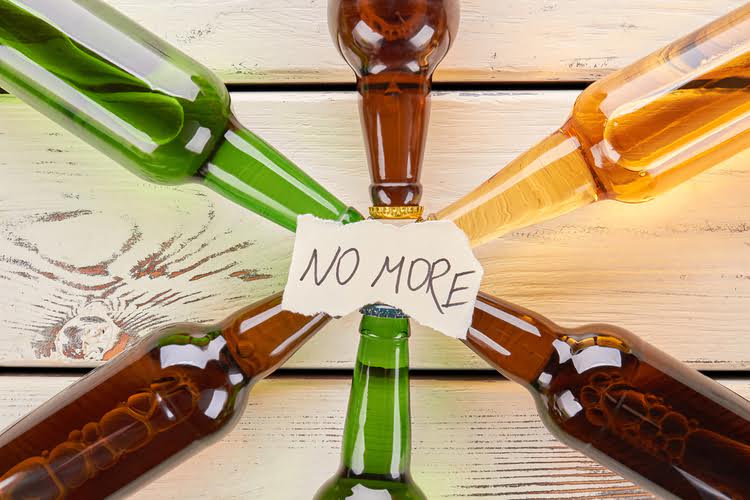Content
Contact someone from your support group, a close friend or your therapist and ask them if it’s okay for you to call when you’re experiencing extreme cravings. These are all healthy distractions that will keep your mind off cravings and help you develop relationships with people who want to actively support you in your sobriety. A trigger is something that can cause stress and potentially induce cravings to drink or use drugs.

It also often works best if the clinicians know the patient well and their individual situations, triggers, and strengths. It can also be helpful for family or friends to be involved. A relapse prevention plan helps a person to identify the initial phases of a relapse – emotional and mental – before physical relapse occurs.
Therapy Blueprint
It couples each principle with a clinical technique or procedure to use for minimizing and preventing relapse. Each relapse prevention plan will be personal and specific to you, but there are some general things that should be included. Since relapse often starts with the emotional and then mental aspect, it’s important to recognize your own personal responses. If you or a loved one are struggling with mental health or substance abuse, we can help.
At Midwest Detox Center, this is a foundational part of our addiction treatment programs. With the understanding that a substance use disorder is a chronic, relapsing disease of the brain, it is clear that the recovery process must involve a concentrated effort to avoid recurrence. A relapse prevention plan provides a workable blueprint that can help someone new in recovery from veering off-track. This can be a written document, a workbook, or a verbal plan that was developed while still in treatment.
Support for Me and My Family
Expectancy theory has shown that when people expect to have fun, they usually do, and when they expect that something will not be fun, it usually isn’t . In the early stages of substance abuse, using is mostly a positive experience for those who are emotionally and genetically predisposed. Later, when using turns into a negative experience, they often continue to expect it to be positive. It is common to hear addicts talk about chasing the early highs they had. On the other hand, individuals expect that not using drugs or alcohol will lead to the emotional pain or boredom that they tried to escape.
- A relapse prevention plan is important because relapse is, unfortunately, a possibility.
- Because people who have an addiction often use multiple substances, correctional agencies should have universal screening for use of multiple substances at booking or intake.
- When facing a relapse, it can be helpful to reinvest energy and time intosupport groups.
- It’s simply the point in time that repeating detox and rehab become fully necessary to again establish sobriety.
- Treatment program will be essential in helping prevent future relapses.
- More broadly speaking, I believe that recovering individuals need to learn to feel comfortable with being uncomfortable.
Cognitive behavioral therapy , individuals can do the work to break out of these addictive trends. By first identifying these emotions or isolating tendencies, and then replacing them with healthy thoughts and habits.
Addiction Ends Here
Recognition and coping skills for triggers and cravings. This plan is a promise to myself and everyone important in my life that I will stay sober and continue on my path to recovery. These goals will not only allow you to track your relapse prevention plan progress but keep you motivated to continue and not give in to a craving. If your progress is fresh in your mind with each of your mini goals you will be more aware of your progress and feel the need to stay on track in your recovery.
